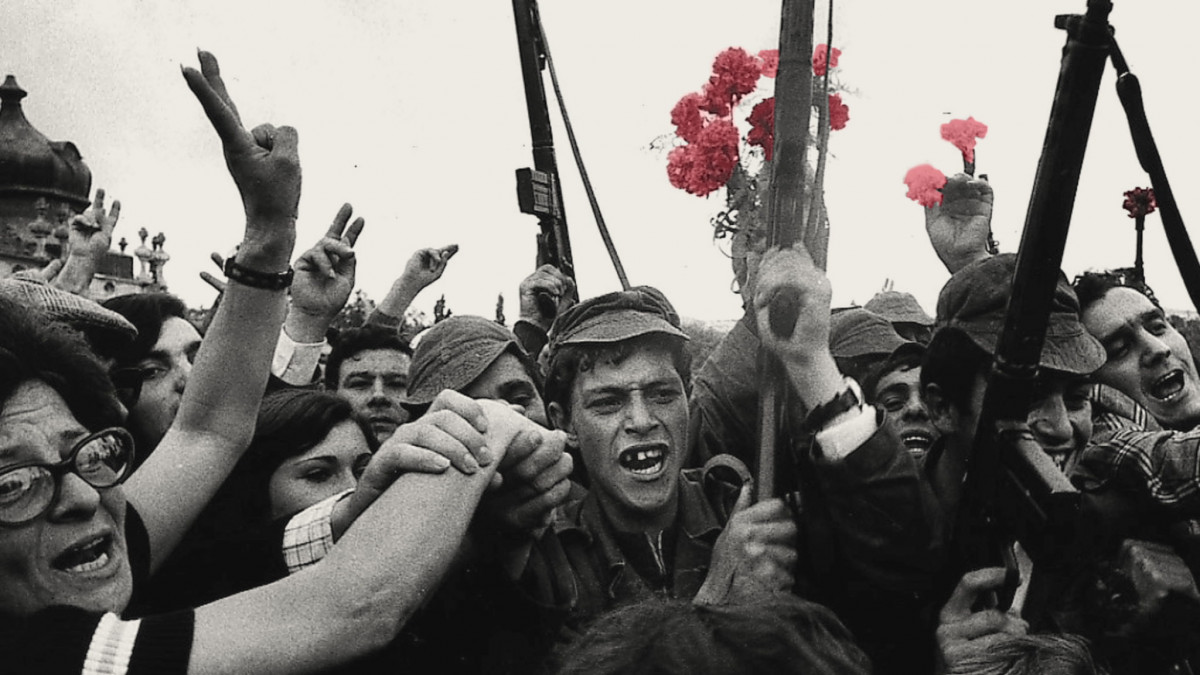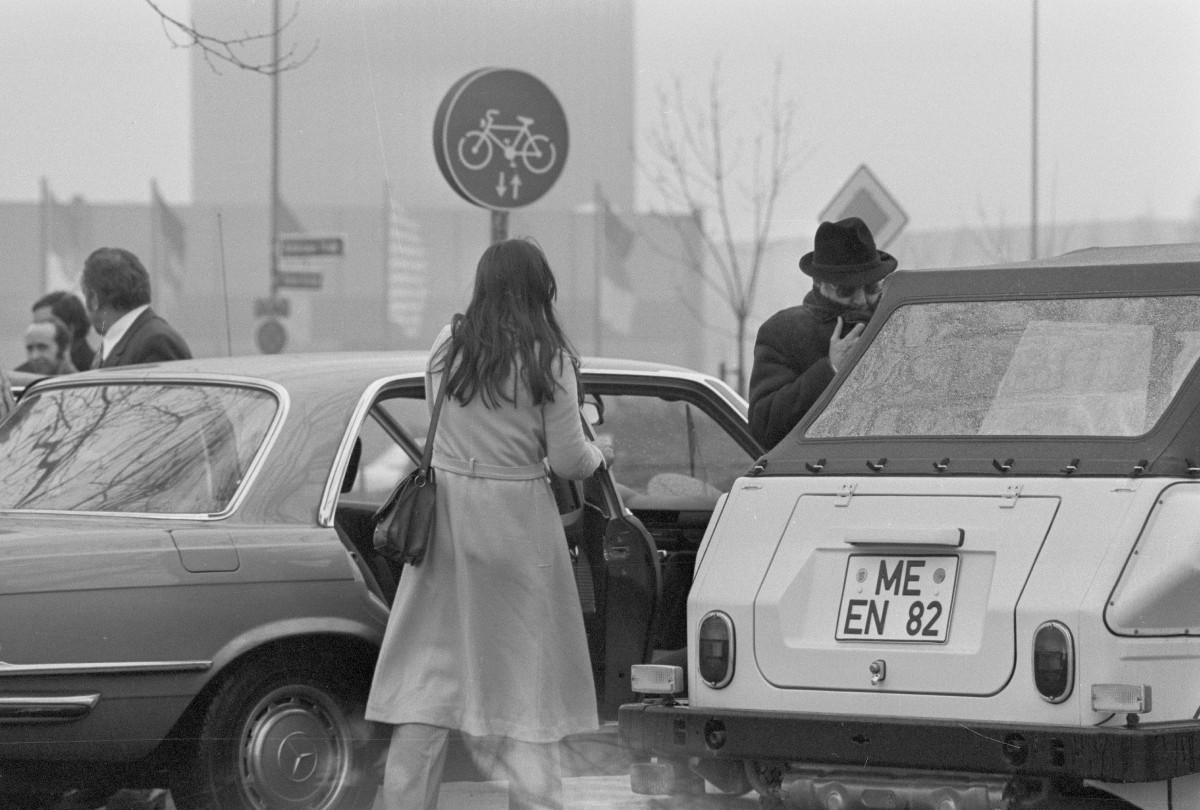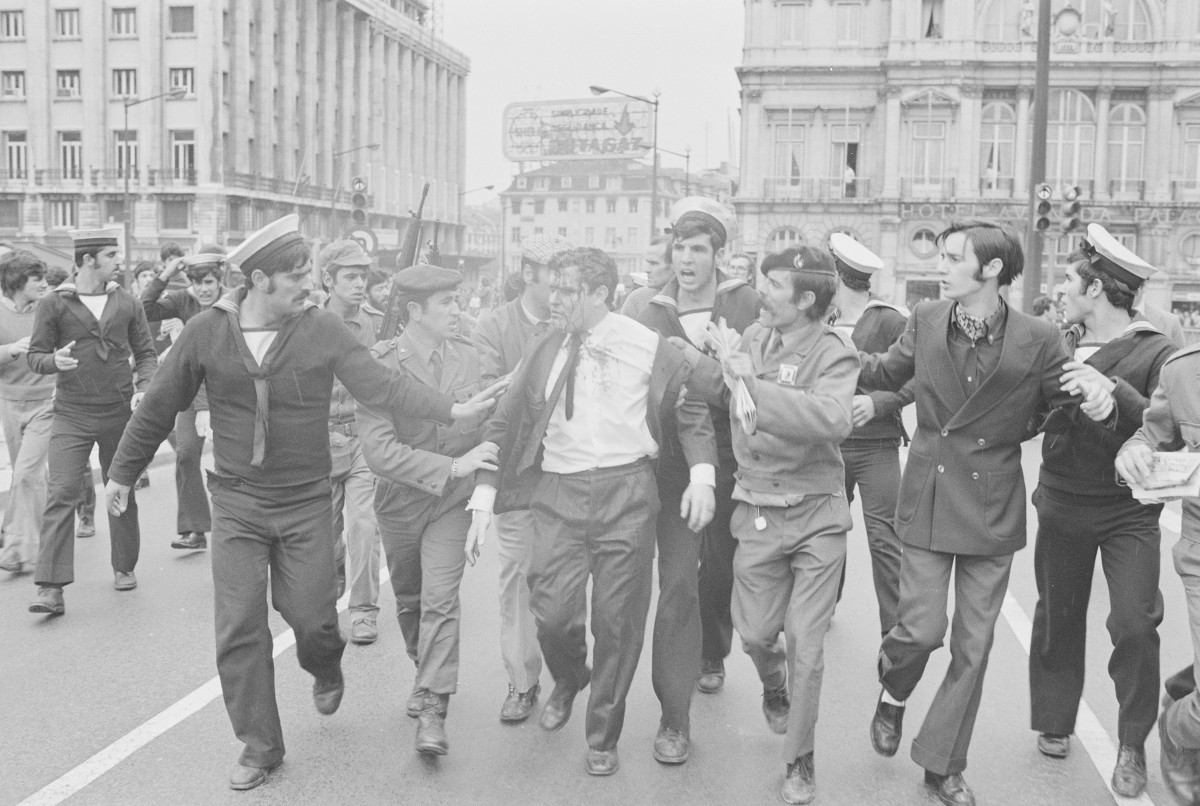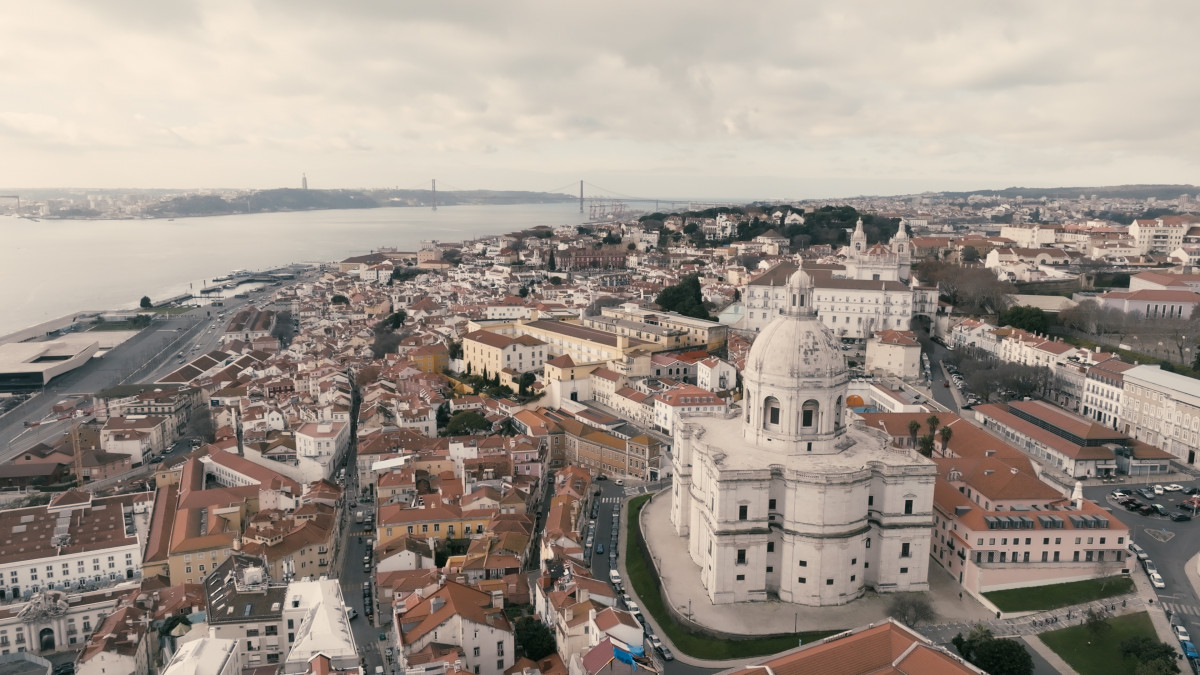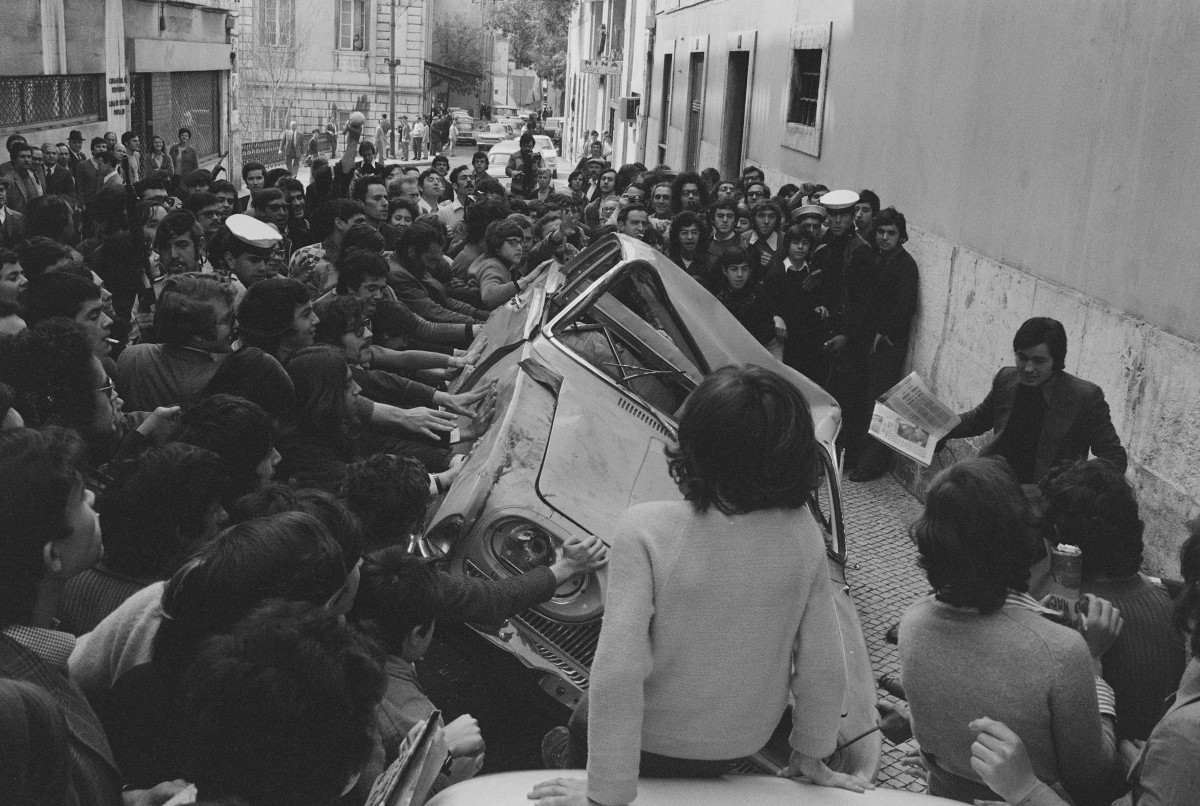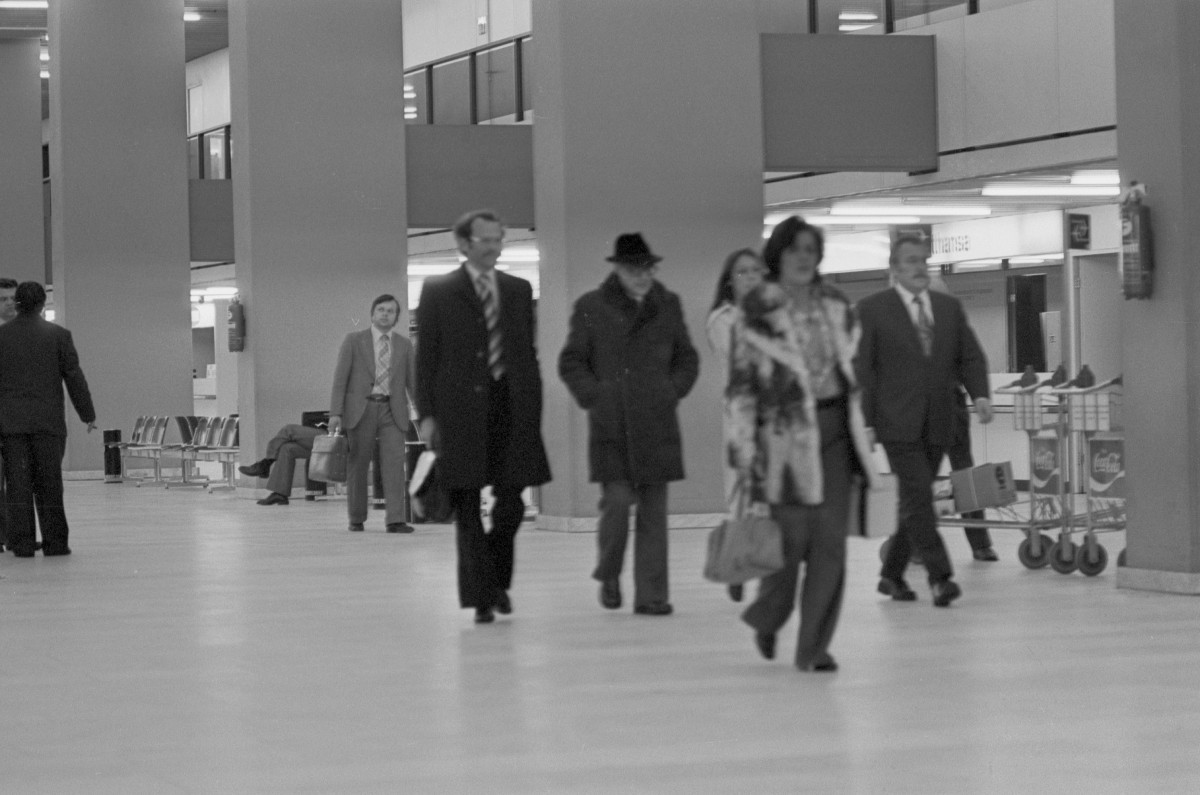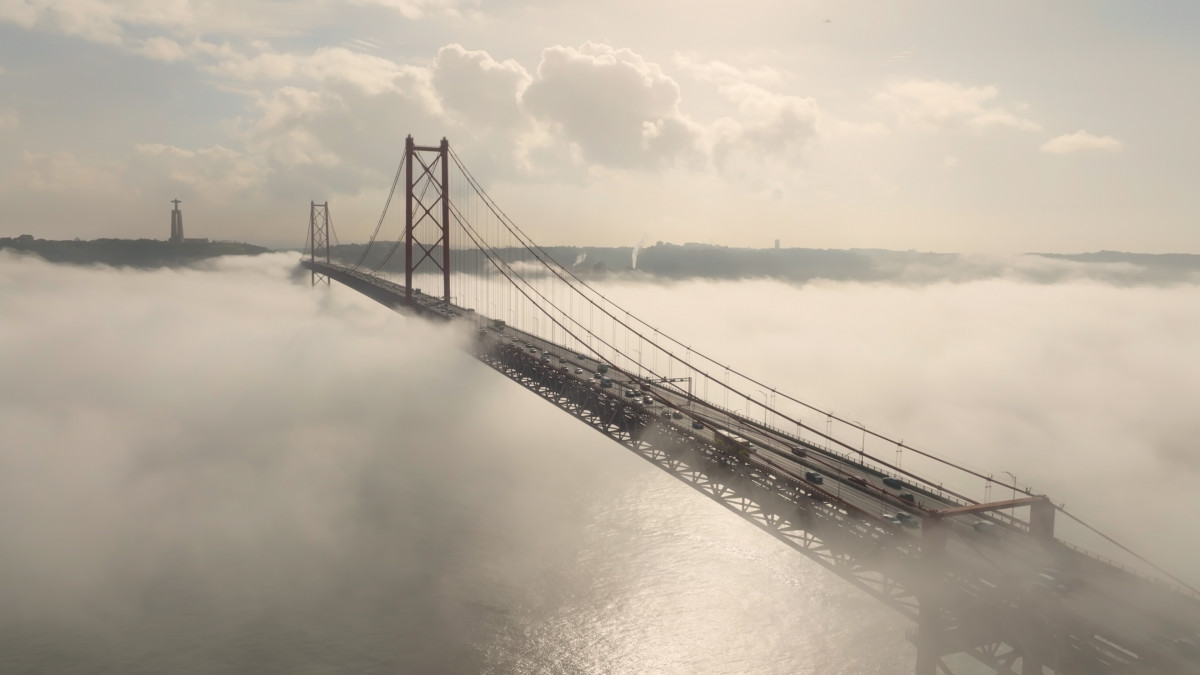ARTE | History
Portugal - Carnations against the dictatorship
On the night of 24-25 April 1974, a peaceful uprising put an end to the Salazar dictatorship, paving the way for a democratic Portugal. At a time when the far-right Chega party has just made a worrying breakthrough in the parliamentary elections, we take a look back at the famous Carnation Revolution.
On the night of 24 to 25 April 1974, the very Catholic Rádio Renascença in Portugal broadcast "Grândola Vila Morena", a song that had been banned by the regime that had been in power for more than forty years, and which was still in power despite the death of its leader António de Oliveira Salazar four years earlier. At this signal, the officers of the Armed Forces Movement came out of their barracks and took control of the ministries, television, radio and the airport. Largely peaceful, the movement was soon joined by jubilant crowds who danced and sang in the streets, while some soldiers attached red and white carnations to their rifles. After forty-eight years of dictatorship, this revolution brought a breath of freedom to the country, paving the way for the establishment of democracy...
The birth of modern Portugal
Through archive footage and eyewitness accounts, this documentary retraces the famous Carnation Revolution, which put an end, in just twenty-four hours, to the longest dictatorship in Western Europe in the twentieth century. Through the eyes of historians, it reveals what went on behind the scenes of a decisive episode in the history of Portugal, from pacifist military action to the first free parliamentary elections in April 1976, via the influence of Paris, Moscow and East Berlin. Half a century later, we take a look back at the birth of modern Portugal, now cast in a worrying shadow by the breakthrough of the far-right Chega party in the parliamentary elections on 10 March. the orders".
